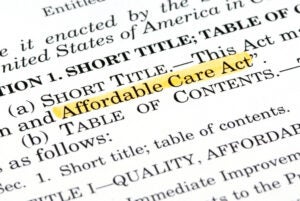Considerations for Federal Agencies Tasked with Improving Health Plan Price Transparency Data

While the health plan price transparency data available under current guidance and enforcement have proven challenging to access and use, a renewed focus under the Trump administration aims to improve Transparency in Coverage (TiC) data. In this blog, CHIR experts Stacey Pogue and Nadia Stovicek present insights into known issues with TiC machine-readable files, a recent executive order’s implications, and the issues that limit access to publicly available TiC data.








